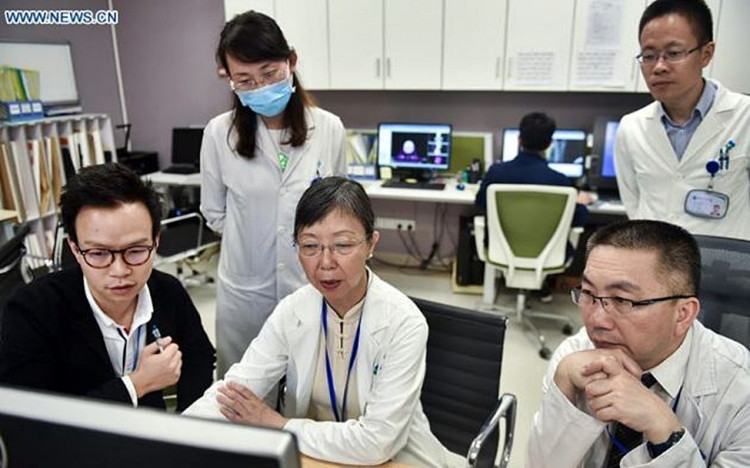Going to the same doctor rather than consulting with different ones does have a marked effect in lowering mortality rates.
Researchers from the University of Exeter in the United Kingdom said a strong relationship between patients and doctors means doctors learn a lot more about the people they're treating, and patients become more comfortable when talking about their illnesses. Because of this two-way trust, treatment becomes more personalized and patients more likely to follow the medical advice they're given
Researchers found the same trend across several studies from different countries, according to an in-depth assessment of 22 different medical studies published since 2010. They also found the same trend for different types of doctors.
Nine countries were covered by the 22 studies, Most of these studies (20 out of 22) looked at all-cause mortality. The median number of individuals across the studies was 16,855.
Of the 22 studies examined, 18 showed a positive link between retaining the same doctor -- also called "continuity of care" -- and living longer. Previous research has suggested benefits can include fewer hospital admissions and a higher adoption of vaccination programs for patients. A lower risk of death can now be added to this list. The finding emphasizes the importance of patients being able to get the doctor they want.
"Continuity of care happens when a patient and a doctor see each other repeatedly and get to know each other," said Philip Evans from the University of Exeter, one of the researchers. "This leads to better communication, patient satisfaction, adherence to medical advice and much lower use of hospital services."
"As medical technology and new treatments dominate the medical news, the human aspect of medical practice has been neglected. Our study shows it is potentially life-saving and should be prioritised."
It seems a fair conclusion that keeping up a good relationship with the same doctor can lower death rates. "Basically we are saying that at a time when the emphasis in the reports in the press are all about new machines and new technology, that this is an article that shows the human side of medicine is still very important," said Sir Denis Pereira Gray from St Leonard's Practice in the UK, another researcher.
Researchers now want to see future studies looking at the association they've uncovered. They also want to ensure the "human side of medicine" doesn't get forgotten about in the midst of many exciting technical innovations.






